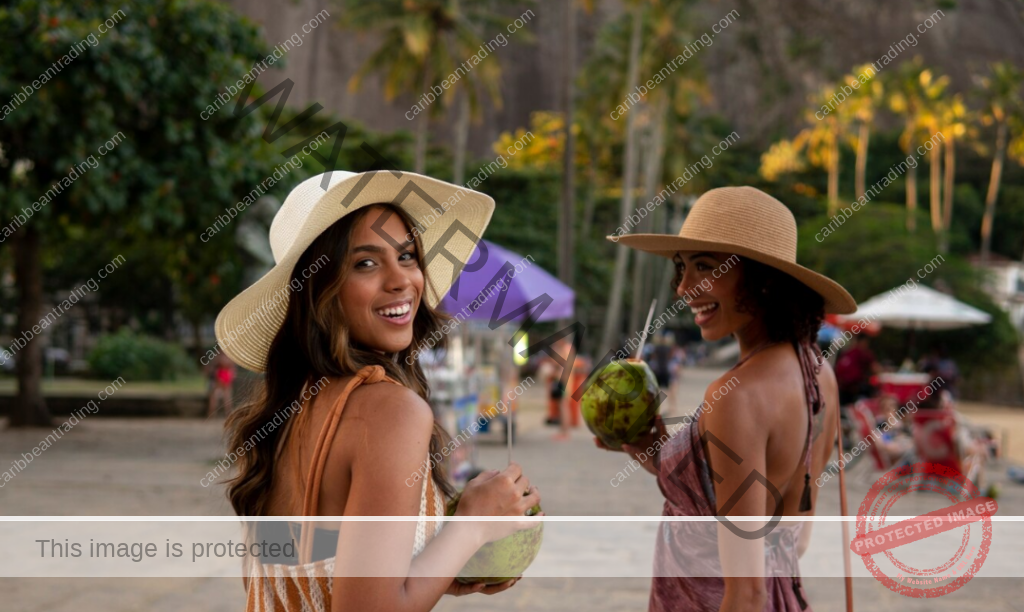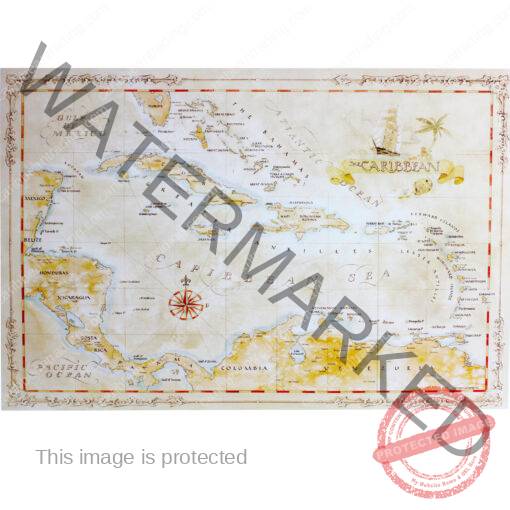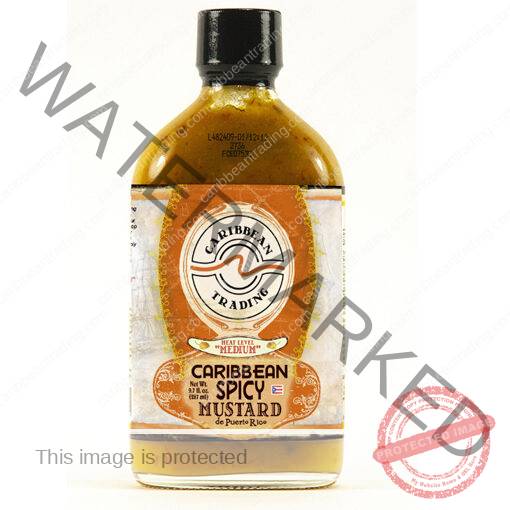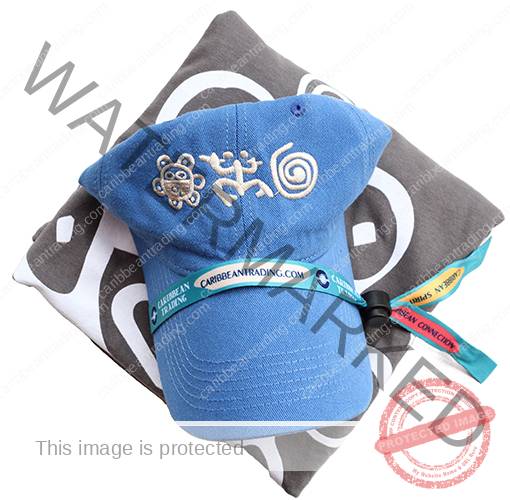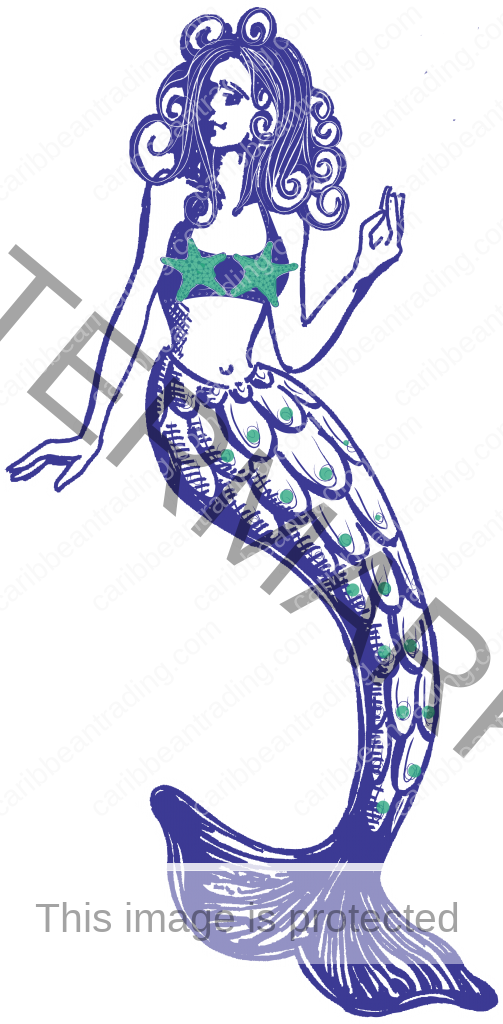Caribbean History
Caribbean People: Culture, History, and Identity Across the Islands
When we talk about the Caribbean, we have to be honest. We always think of its beautiful waters, calypso rhythms, and perfect beaches with an amazing sun. But the region has something I’d consider an even greater charm: its amazing and lovely people that you will wanna meet!
The Caribbean is a place with a huge variety of cultures, histories, languages, and traditions, shaped via centuries of migration, colonization, and resistance.
From the indigenous Taíno and Kalinago to African descendants, East Indian groups, Chinese migrants, and European settlers, the identification of Caribbean humans is as dynamic as the sea that surrounds them. That’s why it’s so critical to discover them all!
This article explores the colourful cultural identity, historic background, and worldwide impact of Caribbean human beings.
A Complex Historical Tapestry
The Caribbean’s demographic and cultural panorama become profoundly shaped by way of colonization. Before the appearance of Europeans, the location turned into home to Indigenous peoples which includes the Taíno and the Kalinago.
With Christopher Columbus’s voyage in 1492, the Caribbean entered a new era marked via Spanish, British, French, Dutch, and Danish colonial interests.
European colonizers brought enslaved Africans to work on sugar plantations, displacing indigenous populations and creating a brand new socio-economic order.
The transatlantic slave exchange had a lasting effect, no longer handiest demographically but culturally and politically. The abolition of slavery within the nineteenth century led to the appearance of indentured laborers from India, China, and different parts of Asia, adding similarly complexity to the region’s ethnic makeup.
These ancient movements aren’t simply activities of the beyond—they stay on within the languages spoken, the religions practiced, and the customs maintained with the aid of Caribbean human beings today.
Religion and Spirituality
Religion plays a very important position in Caribbean societies. Christianity, particularly Catholicism and Protestantism, is dominant, a legacy of European colonization.
However, African religious practices together with Vodou in Haiti, Santería in Cuba, and Rastafarianism in Jamaica have continued and advanced, deeply influencing cultural expressions and non secular lifestyles.
Hinduism and Islam, brought by using East Indian indentured employees, remain essential in nations like Trinidad and Guyana.
The Caribbean is for that reason a area where religious syncretism— the mixing of various notion structures—prospers. Festivals like Carnival, Diwali, and Junkanoo aren’t the simplest spiritual or cultural activities but also really relevant expressions of Caribbean identity.
Music and Dance: The Pulse of the Caribbean
Music is arguably one of the Caribbean’s maximum widespread cultural exports. Genres like reggae, dancehall, calypso, soca, zouk, merengue, and salsa all trace their roots to the region. These musical styles are greater than enjoyment—they are motors for storytelling, resistance, and social remark.
Reggae, popularized globally by using Bob Marley, speaks to topics of oppression, love, and freedom. Soca and calypso are staples at some point of Carnival, celebrating life with infectious rhythms and vibrant energy.
In the Dominican Republic, bachata and merengue mirror both African and European affects, while Cuba’s musical traditions have become foundational to Latin track worldwide.
Dance, too, is a key cultural marker—from the sensual moves of salsa to the ritualistic movements in Vodou ceremonies. It is through tune and dance that Caribbean human beings express joy, pain, protest, and spirituality.
Food: A Flavorful Fusion
Caribbean delicacies tell the tale of its population. Influences from Africa, Europe, India, China, and Indigenous cultures converge on the plate. Dishes range from island to island, but the use of spices, tropical fruits, seafood, and starchy greens like cassava and plantain is not unusual all through.
In Jamaica, jerk chicken, cooked with a fiery combo of spices, is a countrywide treasure. In Trinidad, roti and doubles showcase Indian culinary impacts, at the same time as in Puerto Rico and the Dominican Republic, dishes like mofongo and sancocho mirror Spanish and African roots.
Food from the Caribbean isn’t just “food”—it’s more of a social act, a culture passed down via generations, and a part of the historical past.
Identity and Diaspora
Caribbean people are not described completely by geography. The Caribbean diaspora is extensive, with millions dwelling inside the United States, Canada, the United Kingdom, and across Latin America.
Migration, whether for financial possibility, training, or political asylum, has created transnational groups that keep sturdy ties to their roots.
Diaspora communities have performed an important role in shaping global perceptions of Caribbean identity. Writers like Jamaica Kincaid, Derek Walcott, and Edwidge Danticat have added Caribbean memories to worldwide audiences, while musicians, athletes, and public figures have an important spot.
This dual identity—being Caribbean and belonging to some other country—has given rise to wealthy discussions round race, background, and the meaning of home. Caribbean people, whether or not at the islands or abroad, navigate complicated questions of belonging with creativity and resilience.
Social Issues and Resilience
Despite its beauty and vibrancy, the Caribbean faces severe social and economic demanding situations, lots of which stem from its colonial legacy. Issues along with inequality, vulnerability, political instability, and restricted entry to sources preserve to have an effect on the lives of Caribbean people.
Yet, amid adversity, resilience shines- Community networks, cultural satisfaction, and strong family structures form the spine of social existence in the Caribbean. In the face of hurricanes, financial downturns, and social upheaval, people have proven an exceptional capability to rebuild and adapt.
Movements for reparations, environmental justice, and decolonization are gaining traction, led through activists, pupils, and regular citizens who envision a destiny rooted in justice and self-willpower.
Contemporary Culture and Global Influence
Today, Caribbean subculture is worldwide. From Rihanna’s style empire to Usain Bolt’s athletic dominance, Caribbean figures have had an iconic repute. Caribbean delicacies are found in restaurants around the world, and Carnival celebrations have been adopted in cities from Toronto to London.
Tourism, at the same time as economically significant, additionally poses questions on cultural authenticity and sustainability. As Caribbean people attempt to maintain their historical past, they must additionally navigate the pressures of globalization and cultural commodification.
At the same time, generation and social media have created new spaces for cultural expression and connection. Young Caribbean creators are redefining what it means to be Caribbean within the twenty-first century, mixing subculture with innovation in artwork, style, literature, and activism.
Conclusion
The Caribbean is not a monolith. Its people are multilingual, multiracial, and multicultural. They carry histories of pain and triumph, blending ancestral traditions with contemporary life. Caribbean identity is not fixed—it is fluid, evolving, and deeply rooted in the collective experience of survival and creativity.
To understand Caribbean people is to understand a story of movement, resistance, fusion, and joy. Whether in a small village in Saint Lucia, a crowded street in Port-au-Prince, or a Caribbean community in New York or London, the spirit of the Caribbean endures—colorful, proud, and unmistakably alive.


